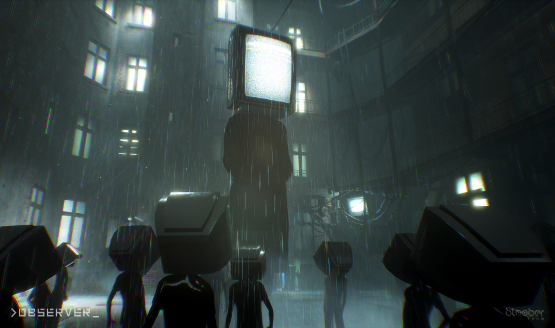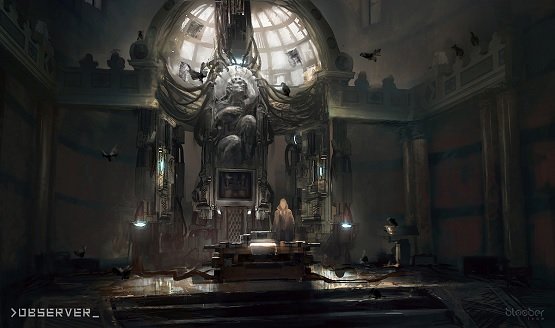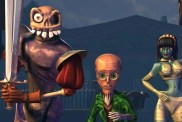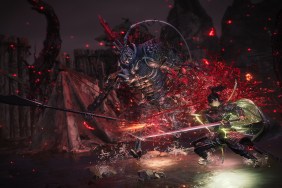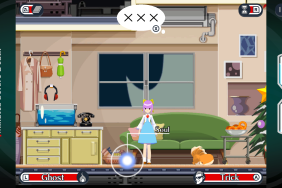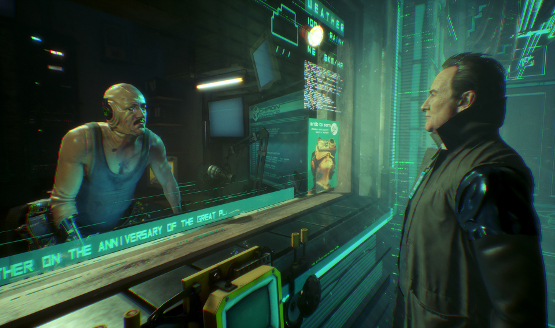
With this October’s return of Blade Runner and CD Projekt Red’s upcoming RPG Cyberpunk 2077, cyberpunk is alive and well in the highest forms of entertainment. Being quite a young genre in comparison to the likes of fantasy and general science fiction, there’s space for new and bold ideas within the cyberpunk framework that the developers of Observer have both simultaneously found and discarded.
While this first-person detective cross horror adventure is able to come up with novel concepts from time to time, it immediately tosses them away to instead tell a confusing and generic narrative that isn’t helped by its monotonous gameplay.
Crypt of the Neuromancer
The world of Observer is equal parts fascinating and dull. The player controls Daniel Lazarski, a detective type figure who works for a totalitarian government corporation in 2084. The world has gone to ruin and many of the inhabitants of Krakow, who decided to turn themselves into cyborgs, have been wiped out by a digital disease. Lazarski’s mission isn’t to save this world or the half-men that walk within it, but instead to look for his son in this very conservative plot. I don’t hold the budget of the game against it, but the world of Observer is just crying out to be explored.
Most of the adventure takes place in a building block opposite a tattoo parlor in an unsafe part of the city. Now, if the decision is to make a game that almost entirely takes place in an environment equivalent to the surface area of a hockey rink, there must be interesting ways to interact with said environment as well as unique NPC’s to keep you company. Observer only gets one of those things right, throwing the player into a maze-like apartment block that is usually a bore to play through. Lazarski is able to use his two vision modes, thermal and electronic, to scan objects and bodies in order to progress. It’s just not all that enthralling and I quickly found myself ignoring the side objectives that were more of the same. But the characters that infest the world are among the most interesting that I’ve had the pleasure of conversing with. Little children answering a knock on the door, telling stories about their imaginary friend who has a few choice words for our protagonist. The reveal of purely human residents, the ominously named Children of the Immaculate Birth, who refuse to strap themselves with mods and other contraptions in order to preserve their humanity. These interactions make a humble setting feel like a populated mega-city and starkly contrast with the mind-numbing actions the player takes during the detective work in order to keep the plot moving.
A plot that is nowhere near as interesting as the stories that lay at its peripheries. Lazarski’s quest, which is more fantasy than it is science fiction, takes him inside the minds of others as an observer-class officer. These mini-adventures within the larger game begin when he hooks himself in, acquiring the ability to experience their memories and darkest demons. These segments mirror the rest of the game, the part that takes place in the real world, as brilliant visual effects are contrasted by the confusing and frustrating nature of the story. It was incredibly difficult to understand exactly what was going on and how it related to the larger story. I much preferred taking in the necessary information through the aforementioned conversations with the inhabitants of the building. There’s a gaping difference between the confusing plot told during these hallucinogenic sections and the immaculate interactions with citizens. One optional conversation allowed me to either walk away or carry on as that particular NPC yearned for company after the building’s power had shut down and he, quote, was “just sitting here, alone.”
Horror Without Horror
Observer is a game of contradictions. A cyberpunk tale that borders the line between science fiction and fantasy. A horror game that fails to deliver scares while focusing more on detective work than creating a tense atmosphere. A brilliant world filled with eccentric characters that is more interested in telling the boring tale of the main protagonist and his son. There’s a lot of good to be found, but the game collapses when it comes together. And its horror classification is where this is most apparent.
Observer simply isn’t scary. And this from someone who may or may not have turned the lights on when playing the moderately frightening Hellblade: Senua’s Sacrifice. Almost all the scares are presented during the mind-hack segments, but the game almost tries too hard and the few legitimately scary moments are interspersed in between an hour of comfort – which must be seen as a failure in a game that puts itself in the horror category.
These sequences don’t really mean anything. They are just generic trauma sections that are occasionally littered with some clever puzzles to solve. I want to explore this brilliantly crafted cyberpunk world. What I don’t want to do is jump into generic horror sequences with moving walls and circling voices. Observer should have focused more on delivering moments of horror outside of the mind hack segments, which is where most of the game takes place.
Although what surrounds you in either segment is pure visual splendor. Dust particles being illuminated by natural light beaming through a window, neon electronic advertisements that break through the green and grey smog that fills the apartment building, and immaculately designed cyberpunk contraptions littered across every floor of the building. The visual effects during the memory sequences are incredibly impressive as well, with static blurring the player’s view, instant shifts to different environments, and sickening transitions that will make you question your sense of space. Unfortunately, there’s some noticeable performance issues. At one point, I actually saw the game’s resolution decrease drastically after freezing for a second. This tends to happen when entering new environments or sprinting around already discovered areas.
Observer is brilliant in dozens of ways, yet deeply flawed in just as many. The quality of its story ranges from a confusing mess to some of the best written characters of this generation. The game’s biggest issue is its inconsistency on when and where to deliver its moments of horror. There was little to keep me going besides the next opportunity to speak to a troubled citizen of futuristic Krakow’s most interesting building block.
Observer PS4 review code provided by publisher. Reviewed on PlayStation 4 Pro. For more information on scoring, please read our Review Policy.
-
Interesting characters
-
Believable world
-
Fantastic visuals
-
Monotonous gameplay
-
Not scary
-
Confusing story
Observer PS4 Review Screenshots
-
Observer Car
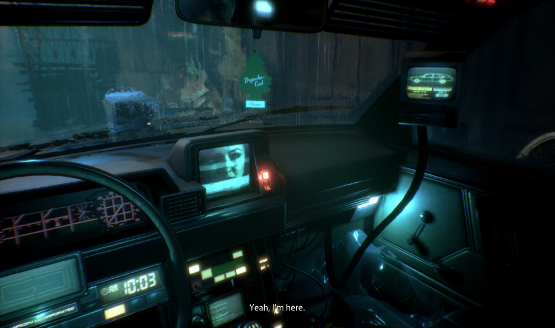
-
Observer Dead Body
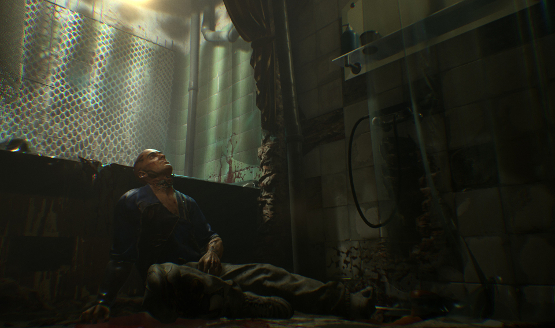
-
Observer Door
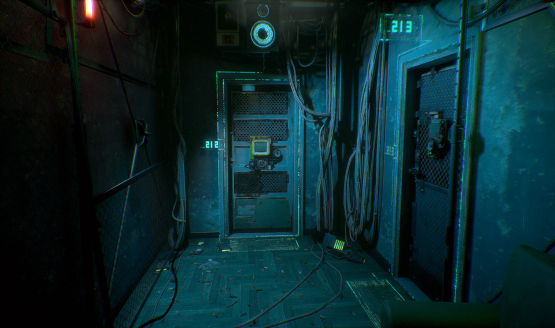
-
Observer Figure
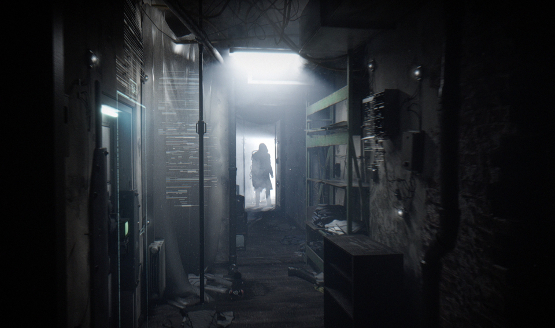
-
Observer Mind Control
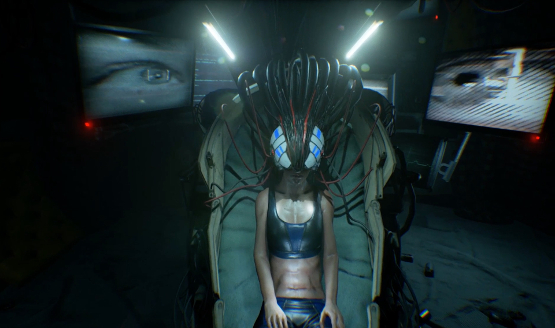
-
Observer Mind Hack
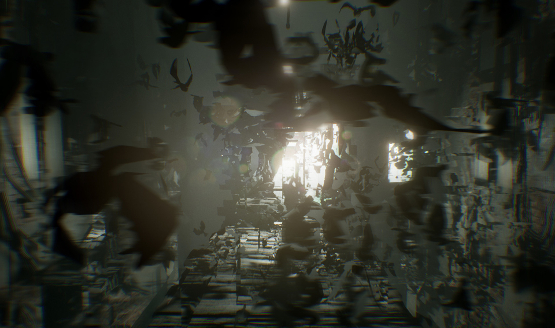
-
Observer Tattoo Shop
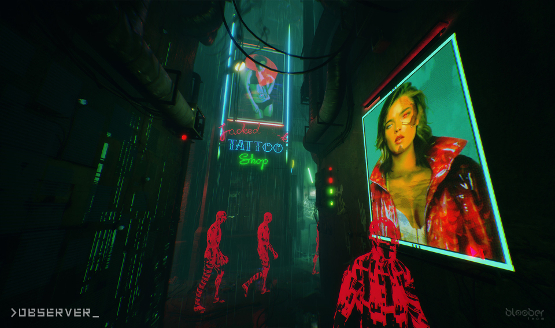
-
Observer Tv
